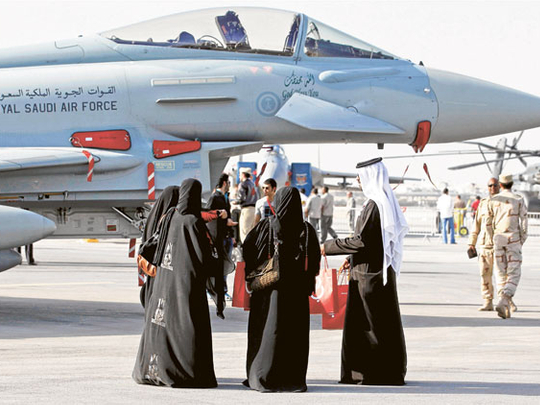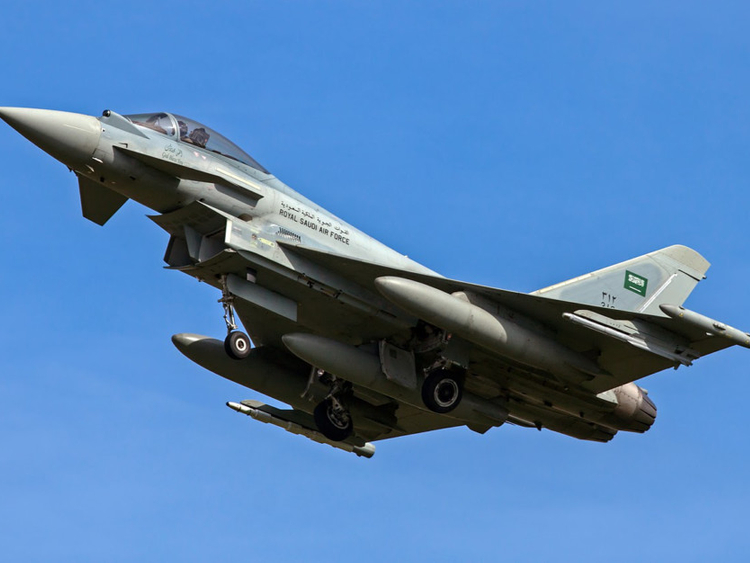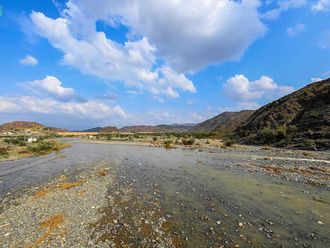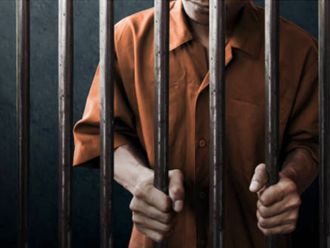
London: Saudi Arabia and other Middle Eastern states have switched the focus of their military spending to more-offensive programmes as tensions with Iran ratchet up, according to a study by IHS Jane’s.
Purchases of items intended to boost the attacking capabilities of warplanes such as precision air-to-ground missiles, advanced guidance systems and air-to-air refuelling gear that extends the duration of flights are leading an increase in defence outlay, with budgets set to swell by up to 3 per cent annually from 2018, the defence and security specialist said.
Spending across the Middle East and North Africa is rebounding from a decline prompted by the oil-price slump as Iran’s nuclear deal with the US paves the way for the removal of most barriers to arms deals involving the Islamic republic from late 2020, according to IHS. Combined budgets for the area are likely to reach $180 billion (Dh661 billion) a year by that time, with the emphasis on more-offensive systems also extending to the naval arena, it said.
“Traditionally, military capabilities in the region have been focused on territorial defence,” IHS analyst Reed Foster said in the report. Now Mideast states are acquiring equipment that will allow them to build “the kind of capabilities required to conduct operations beyond their borders.”
Saudi Arabia’s fleet of Panavia Tornado ground-attack aircraft and the 72 Eurofighter Typhoon jet fighters ordered from BAE Systems Plc are among likely beneficiaries of upgrades intended to project power over a distance. In dollar terms, the nation had the fourth-biggest defence budget last year behind the US, China and India, after the pound’s collapse following last June’s Brexit vote relegated the UK to fifth spot from third.
Gulf states will “start to spend heavily” over the next two years as the potential threat from Iran increases, with the Saudi Arabia set to return to budget growth this year, IHS projects.
Middle Eastern states have already increased spending on missile-defence systems over the last five years in response to concerns about the threat from the Iran, where any increase in arms outlay is likely be met with “reciprocal increases in the rest of the region,” IHS said.













